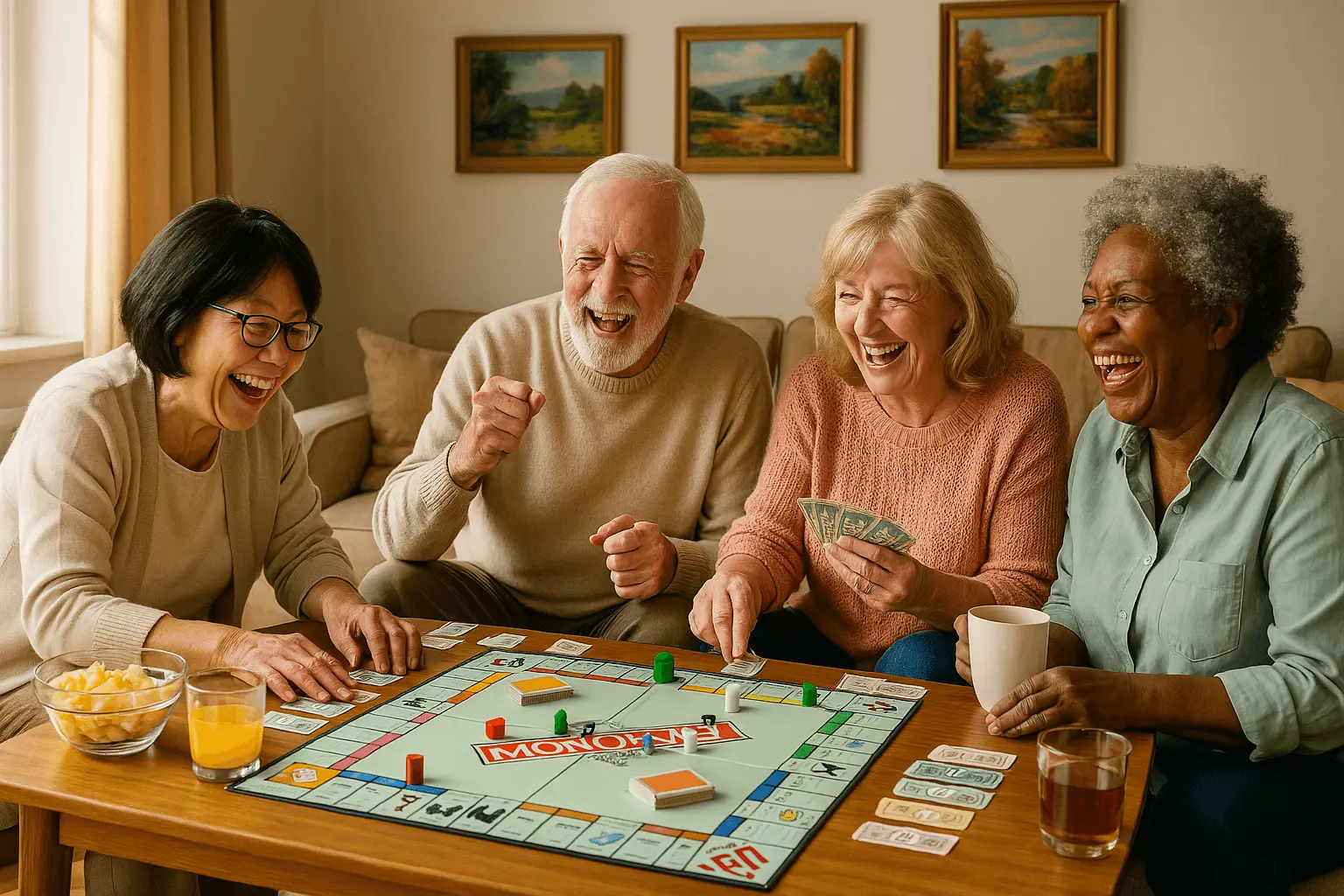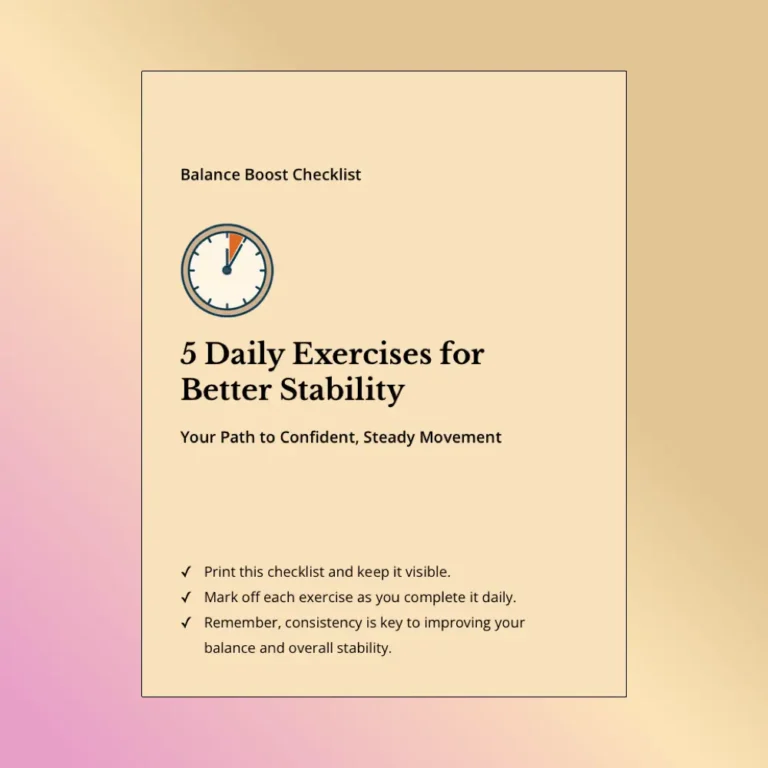

In a world where screens dominate our attention, there’s something wonderfully refreshing about the growing popularity of board games among seniors. These beloved activities aren’t just about moving pieces across a board; they represent doorways to connection, mental engagement, and genuine enjoyment. For elderly people seeking companionship, mental stimulation, or simply a pleasant evening with loved ones, board games deliver numerous advantages specifically beneficial to seniors.
The later years of life can sometimes bring unwanted solitude. Participating in great games for seniors gives older adults a lively social outlet where they can build connections with others in a comfortable, welcoming environment. Studies show that social activities significantly improve mental health and can reduce feelings of sadness and worry. The atmosphere created during a board game session naturally encourages laughter and friendship, highlighting how human connection remains fundamental to a satisfying life.
The advantages of board games extend far beyond simple entertainment. These activities serve as excellent brain games, boosting memory function, enhancing problem-solving capabilities, and sharpening critical thinking. For seniors, particularly those experiencing memory challenges, games for the elderly act as gentle mental workouts that promote brain agility and resilience. Think about the mental engagement required when planning your next word in Scrabble or remembering the rules of Monopoly, each gaming session helps keep the mind active and engaged.
The relaxation and stress reduction that accompany a friendly game for seniors shouldn’t be overlooked. Simply gathering around a table with friends or family members, accompanied by the familiar sounds of game pieces and shuffling cards, can help lower blood pressure and create feelings of contentment. Board games offer a comprehensive approach to well-being by combining meaningful social interaction with mental engagement in a low-pressure setting. For seniors looking to complement these mental activities with physical ones, balance exercises can provide additional health benefits.
This traditional game of chance offers a delightful journey into childhood memories. Its simple rules make it accessible for people of all ages, while the element of chance keeps every game is played exciting and unpredictable.
This beloved word game challenges vocabulary skills and encourages strategic thinking. As players arrange letters on the scrabble board, they exercise their minds while enjoying friendly competition with others. Many seniors love to play scrabble because it keeps their vocabulary sharp.
Enter the exciting world of property trading with Monopoly, a classic board game where planning meets enjoyment. This family game improves financial awareness while creating opportunities for 2 to 4 players to spend quality time filled with negotiation and laughter.
Qwirkle is a tile-placement game where players match colors and shapes, which helps improve spatial reasoning and pattern recognition abilities. Its attractive design provides visual appeal while offering an engaging mental challenge with wooden blocks that are easy to handle.
This quick card game is both easy to learn and encourages quick decision-making and social interaction. Its straightforward gameplay makes it ideal for seniors to play, looking for a fun game that doesn’t require complex rules. UNO is among the classic card games that remain popular across generations.
When choosing a game for dementia, familiarity and simplicity are key considerations. Look for options that don’t require rapid responses or precise coordination, ensuring a relaxed experience that encourages participation without frustration. People living with dementia often benefit from games that can be played at a comfortable pace.
This well-loved simple game is straightforward to learn and play, allowing dementia patients to enjoy social interaction without overwhelming complexity. The tactile nature of the tile pieces can also provide sensory benefits and help with motor skills.
This interesting variation of dice games adds a new dimension to the classic game, making it engaging while remaining accessible for elderly people facing cognitive challenges. The triangular pieces provide a novel twist on familiar gameplay for a tile laying game that’s easy to play.
When selecting one of the best games, take into account the personal interests of the seniors who will be playing. Including them in the selection process to choose a game builds anticipation and helps ensure that the chosen 10 board games align with their personal tastes and preferences.
Find a game that matches the cognitive and physical capabilities of the players. Selecting options appropriate to their abilities ensures a positive and enjoyable experience. Remember that the goal is to create engagement and enjoyment, not to cause frustration or difficulty when older people play games.
The setting for board game activities can significantly impact the overall experience. A well-lit room with comfortable seating and minimal background noise helps seniors concentrate and fully engage with the strategy board game. Consider tables that accommodate wheelchairs if needed, and ensure the lighting doesn’t create glare on game boards or pieces that are easy to read.
Consistency can be particularly beneficial for seniors. Setting up weekly or monthly game sessions gives older adults something to look forward to and helps establish a social routine. Regular gaming meetups provide structure and anticipation, which can be especially valuable for those who may have fewer scheduled activities in their lives and help seniors maintain cognitive health.
Don’t hesitate to modify games that could better suit seniors’ needs. Simple adaptations like using larger print cards for playing cards, adding tactile elements to game pieces, or creating team play options can make puzzle games more accessible and enjoyable. Card holders can help those with arthritis, while simplified rules might benefit those with mild cognitive impairments in a two-player game setting.
Board games offer an excellent opportunity for seniors to connect with younger family members. These cross-generational activities create meaningful bonds and allow for the sharing of knowledge, stories, and traditions. A great game for kids and grandparents creates lasting memories while teaching how the game where players interact across generations.
Community centers, senior living facilities, and local libraries often host events where people can play board games and meet new friends who share their interests. These gatherings can lead to new friendships and expanded social circles, helping combat isolation that sometimes accompanies aging. Cooperative games particularly encourage people together in a supportive environment.
Playing classic games from earlier life stages can trigger positive memories and spark conversations about the past. Games like chess, Trivial Pursuit, or even rummy offer opportunities to share stories while strengthening their sense of identity. A couple of games from their youth can be particularly meaningful for elderly people.
Board games represent much more than simple pastimes; they serve as bridges to social connection, mental stimulation, and emotional wellness for seniors. As you explore the suggested memory games for seniors, consider how each one might enrich lives and create meaningful interactions. Whether you choose a traditional game like Ticket to Ride or a newer option like modern games, the pleasure of playing together becomes the greatest reward.
Have you or your family members experienced the joy of board games in your later years? What games have brought you the most happiness or created the most cherished memories? The enduring appeal of classic card games continues to bring people in general together across generations, proving that some of life’s simplest pleasures remain the most rewarding.
If you’re interested in learning more about activities that promote well-being for seniors, many community resources exist that focus on cognitive health and social engagement. Local senior centers often offer board game clubs or regular gaming events specifically designed for people living with dementia and other older adults. For those wanting to maintain physical health alongside mental stimulation, adding the 10-minute workout for your daily routine can be an excellent complement to regular board game sessions.
The wonderful world of great board games awaits, jump in and discover the joy and connection these timeless activities can bring to senior lives!
